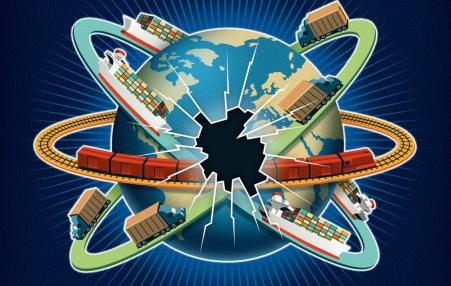David Dayen, Rakeen Mabud
The American Prospect

Rampant outsourcing, financialization, monopolization, deregulation, and just-in-time logistics are the culprits. Our supply chains were designed for maximum profit rather than getting things to people, problems that arose in the pandemic folded in.
Spread the word